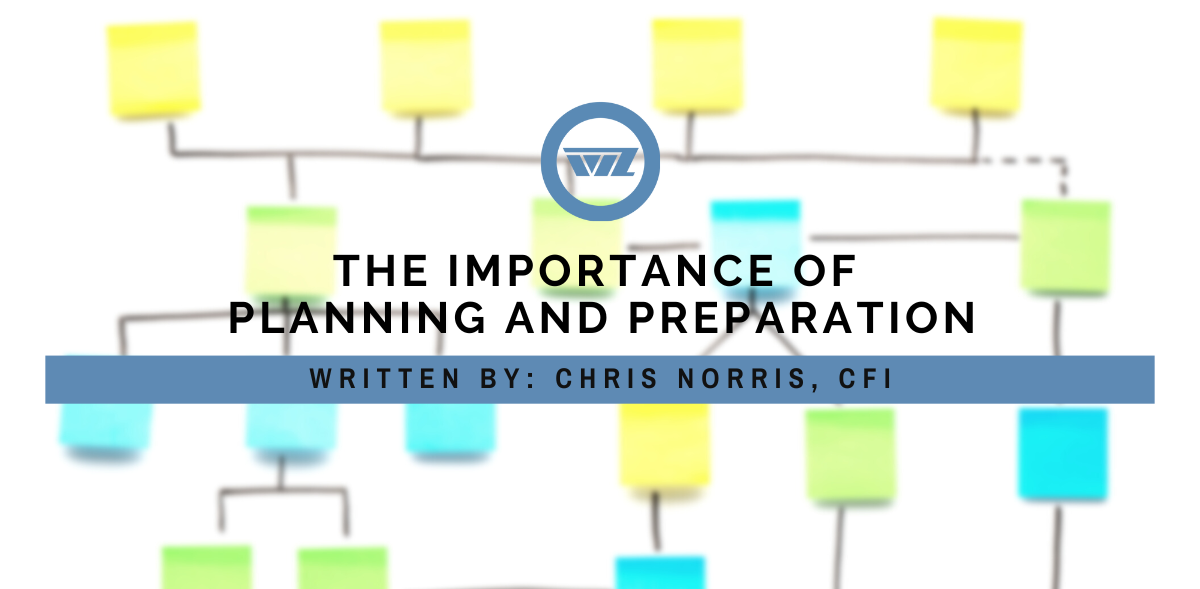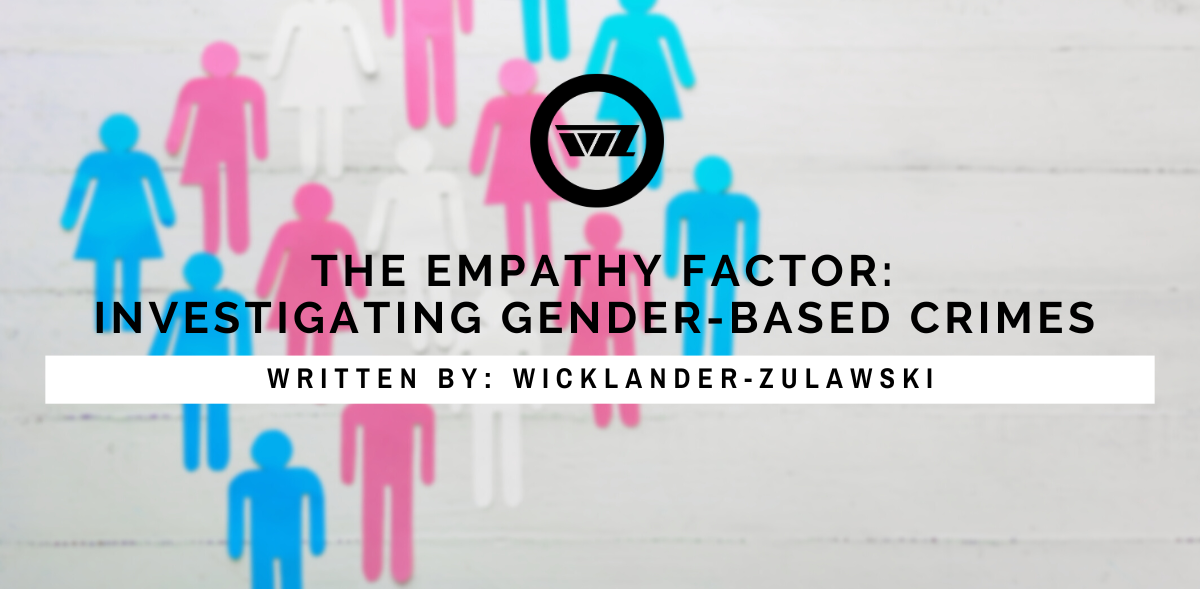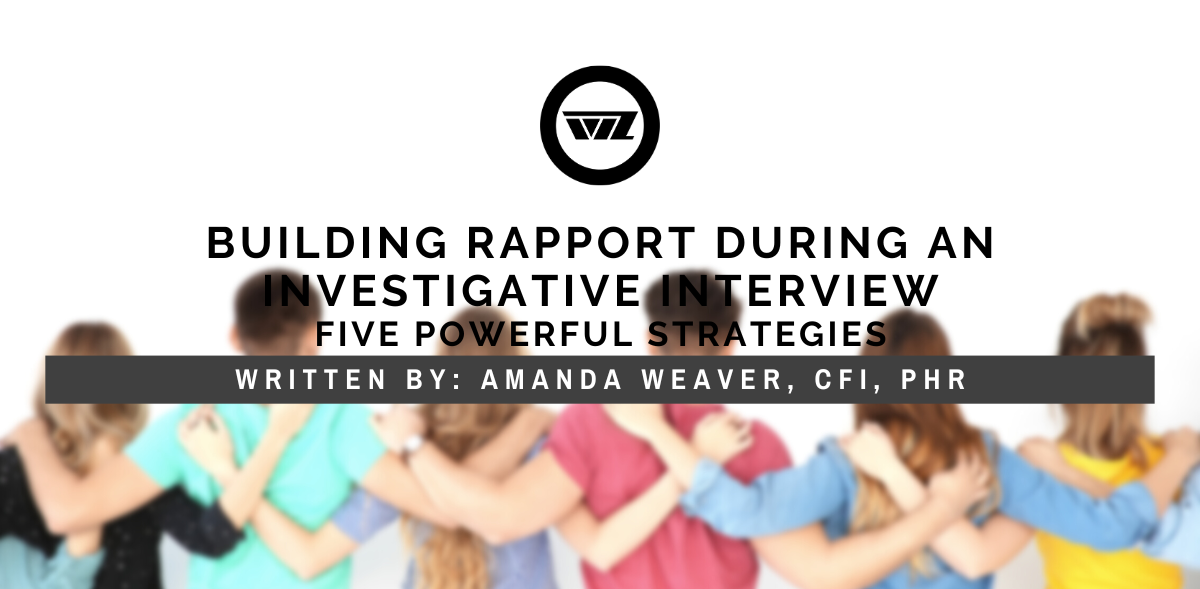Most investigators understand the value of planning and preparation, and the importance of planning and preparation cannot be overstated. The good news is the steps of planning and preparation can be a learned skill and can improve over time. The process goes well beyond simply preparing a list of questions for the interview. That leaves us to wonder what type of planning and preparation would be important when it comes to the investigative interview process.
Investigative Framework
One thing to quickly acknowledge is that two globally recognized and well-known frameworks for investigative interviewing quickly identify the value of planning and preparation. Both P.E.A.C.E. (PEACE) and the Méndez Principles stress the importance of this part of the interview process.
PEACE is an acronym that offers a structured framework for the interview. The first initial in PEACE stands for ‘Planning and Preparation’. The concept behind the PEACE framework is to maximize the investigative value of the interview. Within this construct, PEACE aims towards understanding elements such as interview selection, environmental considerations, legal aspects, and the subject background, to name a few.
The Méndez Principles, or the ‘Principles on effective interviewing for investigations and information gathering,’ are a set of standards adopted by the UN in 2021. The principles are broken into six sets designed to create legal safeguards in a non-coercive environment. For example, principle 2, “On Practice,” identifies the importance of Planning and Preparation at item 57, where it states, “An effective interview process will typically involve the following,” and the first item listed is, “Thorough preparation and planning.”
Lessons Learned
There are several core components we can quickly take away from the guidelines and interview framework of both PEACE and Méndez Principles. If we view the interview as a comprehensive process for gathering accurate and reliable information while implementing associated legal strategies, then you must understand process and legal strategies at a minimum. Beyond the minimum, a few items seem to resonate through the framework. At a quick glance, there are a few worth sharing.
Legal Aspects – Take the time to be familiar with any legal considerations related to the interview process. What legal rights do you have to adhere to as the interviewer, and what are the interviewee’s rights should be at the top of your list. If there are any notifications and advisements, be prepared to deliver them accordingly, always complying with labor laws within the region or country you’re operating in.
Optimal Environment – Understand the best location for the interview and prepare the interview room in a way that encourages full cooperation from your interviewee. Time, location, who else is invited to attend, how you get them to the location are just a few things to consider. You should also evaluate the room set-up, type of chairs, proximity to exit, ensuring its non-custodial and always allowing free egress to your interviewee. In recent years there’s also been a heavy consideration in determining whether the interview should be conducted in person or remotely, via telephone or video conference. Ask yourself, is this a safe, non-coercive environment?
Role of the Interviewee – Evaluate their role in the investigation and determine if you will be interviewing a victim or complainant, perhaps a witness to an incident, or even the main subject or respondent to the complaint or incident. These factors may play a role in truly understanding what information you may be seeking and the most appropriate way to obtain that information.
Explore Full Background of Facts and Interviewee – You must know as much as possible about the issue and the person you’ll be interviewing. Understand what information is currently accessible and what may be needed. Know the fears and motives of your interviewee and explore their potential exposure to trauma. Knowledge of trauma or potential vulnerabilities of your subject will likely alter your approach and should certainly impact your evaluation of the information they provide. Full knowledge can help with rapport-building strategies and understanding the most empathetic approach.
Determine the Purpose of the Interview – At this point, ask yourself, “what are your goals, and what information would be important for this investigation?” When you take the time to plan and prepare goals, that helps to determine the most effective way to obtain information. The purpose should often focus on obtaining actionable information from your interviewee. Make sure you talk with a purpose.
Select the Appropriate Approach – There are many effective interview methods that can be utilized to obtain accurate information during the interview. At WZ we advocate non-confrontational approaches that encourage the interviewee to provide their account uninterrupted. Additionally, certain interview methods can be more effective than others for the circumstances surrounding the interview, including trauma-informed interviews. Always consider, “What’s the best approach to get the information I’m seeking with this interview?
Strategize with an Open Mind – Always review possible explanations to avoid pitfalls associated with confirmation bias, assumptions of guilt, and even misclassification or contamination errors that lead to inaccurate information. Preparing strategies that explore all explanations and excuses helps to eliminate judgment and encourages rapport and a different connection with your interviewee.
The bottom line with Planning and Preparation is to always work to set yourself up for success in the interview room. While planning and preparation may not always be at the top of our list of priorities, dedicating a certain amount of time and effort into planning and preparing your interview can help mitigate stress and prevent last-minute issues. If you remember your ‘Six Ps’ you’ll be in good shape.
*Materials contained in this publication may be freely quoted or reprinted, provided credit is given to the source: “Principles on Effective Interviewing for Investigations and Information Gathering, May 2021. Retrieved from: www.interviewingprinciples.com.”
CHECK OUT CHRIS’S INSTRUCTOR INSIGHTS ON PREPARATION
AND GET ACCESS TO FREE BONUS RESOURCES!
Chris has over 30 years of experience in loss prevention and investigative fields, including living and working in the UK for nearly two years. He has trained thousands of human resource, audit, loss prevention, security, and law enforcement professionals on the art of interview and interrogation and has conducted numerous investigations for both private companies and public agencies.




